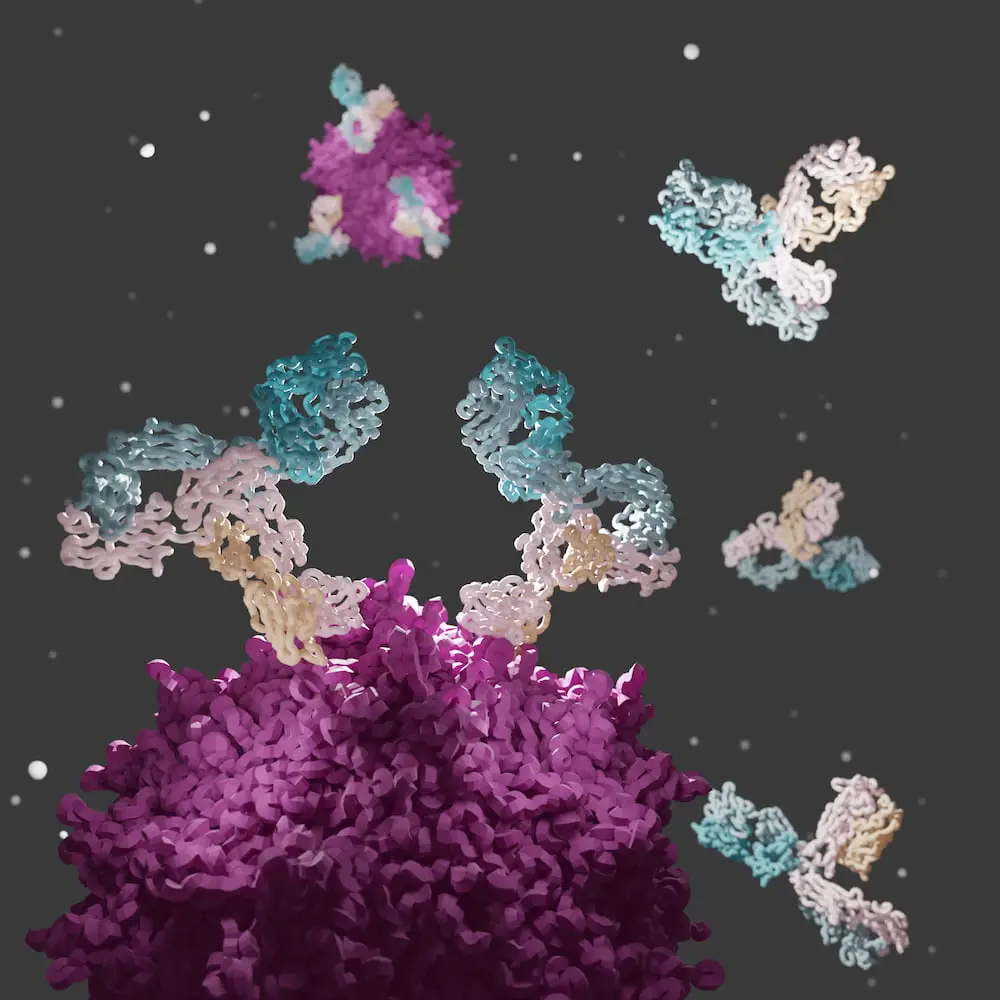Dawid aimed to improve how we detect and manage anelloviruses, which are usually harmless but can cause problems in patients with weakened immune systems. His project led to the development of new tools that better track certain viruses, and his findings may significantly improve the care of immunocompromised patients. He is now building on this groundbreaking research to tackle other viral diseases, including measles, as he pursues a career in academia.
2023 Tullie and Rickey Families Spark Awards Winner
Dawid Zyla, Ph.D.
What if we can use viruses to monitor the efficacy of our immune system?
Funded: January 2023
Funded By: The generosity of LJI Board Director Barbara Donnell, and Bill Passey and Maria Silva, in honor of Susan Donnell Budd and Elizabeth Donnell Morrison
What was the goal of your SPARK project?
The human body harbors many viruses that are typically kept in check by a balanced immune system. When illness or medications weaken this system, this shift can lead to elevated virus levels, which scientists call “viremia.” My research focused on developing tools to monitor and manage anelloviruses, which are usually harmless, but pose risks to individuals with compromised immune systems. The goal of my SPARK project was to identify the most immunogenic peptides of the Anellovirus capsid protein and generate antibodies to detect these viruses directly from blood. Ultimately, I sought to create a diagnostic tool that would use anelloviruses as a metric for immune system status. This kind of tool may aid clinicians in the administration of immunosuppressive drugs, particularly during transplants.
SPARK project results
Identifying the average genetic sequence for each Anellovirus subtype has provided new insights for better monitoring and managing these viruses, especially in transplant and cancer patients on immunosuppressive treatments who often have higher virus levels. I identified key peptides within anelloviruses and used them to generate antibodies by immunizing rabbits, with help from Genescript. Although some peptides had weaker responses, the data is valuable for further research. Purifying these antibodies is crucial for refining detection methods. Current PCR-based methods are complex and costly, so developing a simpler approach by focusing on common virus regions could improve detection and management of these viruses.
What’s next for this project?
Through my SPARK project, I gained valuable experience in bioinformatics via collaboration with the LJI Bioinformatics Core, significantly enhancing my skills in sequence analysis and validation. Currently, I am focused on developing novel strategies to eradicate the measles virus, including antiviral and vaccination approaches. I aim to leverage the knowledge gained from my SPARK project to extend my research to devise effective strategies against other viral diseases. By integrating virology, structural biology, and bioinformatics, I am building a unique skill set that will support my career goal of becoming an assistant professor.
What’s next for Dawid?
I am currently in my fourth year as a postdoctoral researcher in Professor Saphire’s lab, focusing primarily on measles virus research. Over the past year, I have deepened my expertise in virology and am now exploring opportunities to transition to an independent scientist role, particularly as an assistant professor. This role would enable me to pursue my own research while mentoring a team of researchers and driving innovative projects to expand our understanding of viruses.


